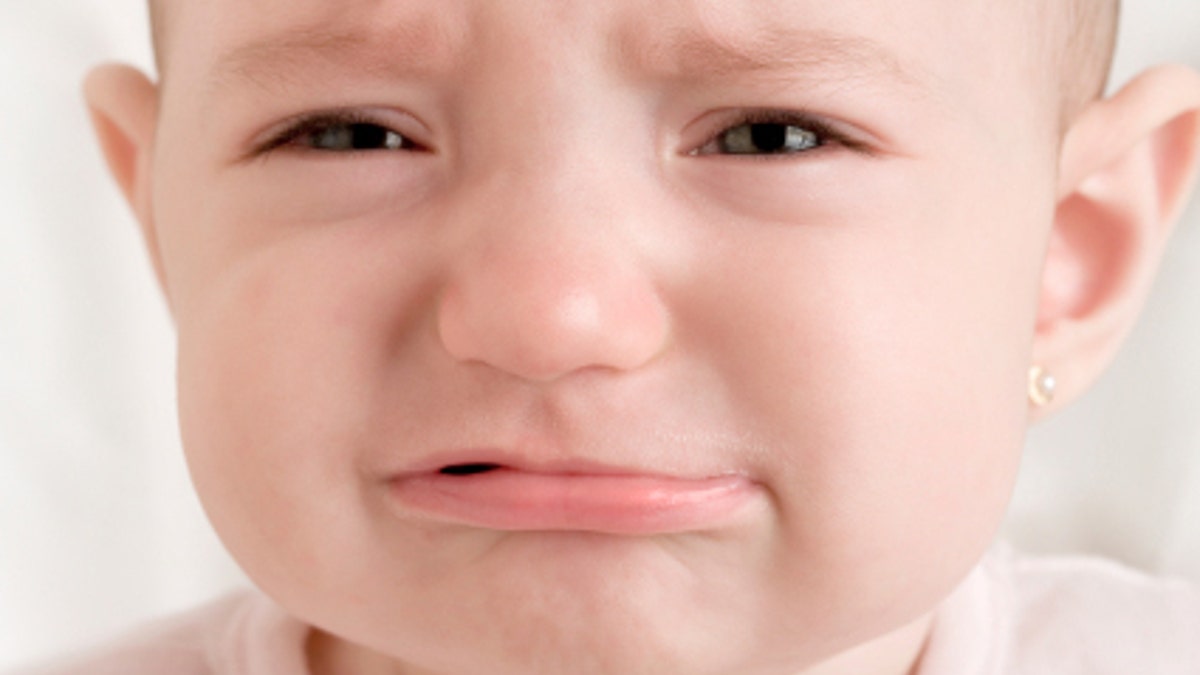
Parents commonly give infants teas or herbal supplements said to soothe "fussiness," even though there's no good evidence that the products work, a U.S. government study finds.
There are a number of teas and botanical products with ingredients like chamomile, ginger and fennel that are marketed for easing infants' tummy troubles, fussiness and sleep issues.
The problem is there is little evidence that they work, or that they are completely safe.
In the new study published Monday, Dr. Yuanting Zhang and colleagues at the U.S. Food and Drug Administration (FDA) wanted to find out how common it is for parents to give infants tea or herbal products.
Surveying more than 2,600 U.S. mothers, they found that 9 percent had given their baby at least one of those products in the first year of life.
The products included teas with chamomile or other herbs said to soothe; gripe water, a botanical marketed for easing colic that includes ingredients like ginger and fennel; and "teething tablets," which may contain ingredients like calcium and chamomile.
Mothers most often said they used the products to help with their babies' fussiness, colic, digestion or teething, the FDA team reports in the journal Pediatrics.
But whether the products actually work as advertised is another matter.
A recent review of 15 studies, also published in Pediatrics, found scant support for using herbal extracts, sugar water or digestion-aiding "probiotics" for colic.
Infants are considered "colicky" if they are healthy but cry excessively -- for more than about 3 hours per day. Colic is very common, and usually disappears after the first few months of life.
Experts often recommend that parents try tactics like giving their colicky infants smaller, more frequent feedings, or more touch and attention. But there are no products known to ease colic.
Because dietary supplements are not regulated in the same way drugs are, they do not have to be proven safe and effective before they go on store shelves.
They may also contain contaminants, like heavy metals, that could be particularly unsafe for infants, according to the FDA researchers.
There have been cases, they note, in which infants and adults have been poisoned by contaminants in alternative-medicine products, including traditional Indian Ayurvedic remedies tainted with lead.
And even if the products are safe, Zhang's team writes, experts generally recommend that babies receive only breast milk or infant formula for the first 4 to 6 months of life. Giving babies tea or other liquids may dampen their desire for the nutrient-rich milk that they need.
In general, experts recommend against giving infants any medications or supplements without talking with your pediatrician first.
